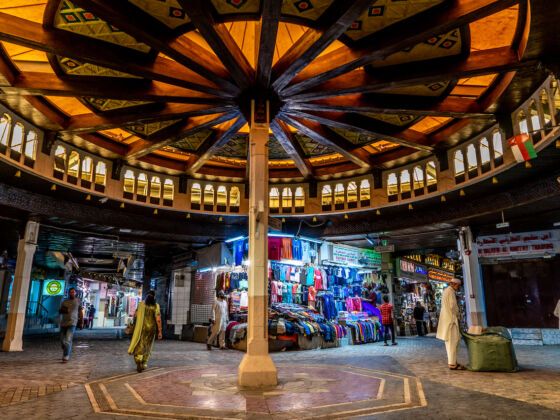If you’ve never heard of Oman you’re not alone.
When I explained to my mom that it’s a country bordering Saudi Arabia (more executions last year than Texas), Yemen (a purported Al-Qaeda safe haven) and Axis of Evil holdout Iran (just a skiff ride away over the Straight of Hormuz) she nearly fainted.
